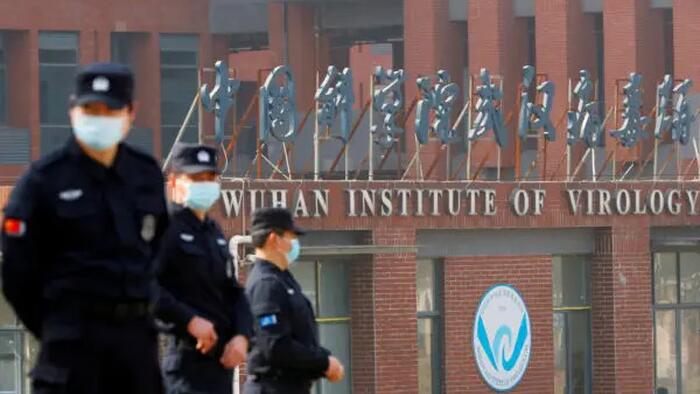A Republican-led oversight subcommittee has released a significant report asserting that the COVID-19 virus likely originated from a laboratory in Wuhan, China. This conclusion derives from a two-year investigation by the House Oversight Select Subcommittee on the Coronavirus Pandemic, which culminated in a comprehensive 520-page document released on December 2. The report highlights concerns about the origins of the virus, emphasizing that the U.S. National Institutes of Health (NIH) funded gain-of-function research at the Wuhan Institute of Virology (WIV) and that U.S. taxpayer dollars were utilized by the EcoHealth Alliance to facilitate this research. Furthermore, it claims that there was an effort by the Chinese government, certain U.S. agencies, and some international scientists to obscure the truth regarding the pandemic’s origins.
The report points out that unique biological characteristics of the COVID-19 virus do not appear in nature, indicating a different origin than previously believed. The evidence suggests that all cases of COVID-19 arose from a single introduction into humans, contrasting with other pandemics characterized by multiple spillover events. The oversight subcommittee asserted that if a natural origin existed, it would likely have been uncovered by now. The findings also reference the WIV’s history of conducting gain-of-function research in low biosafety conditions and detail incidents of researchers at the facility falling ill with COVID-like symptoms months before the outbreak was officially recognized.
Notably, the report recalls a January 2021 U.S. State Department fact sheet that raised concerns about researchers at the WIV becoming ill in fall 2019, presenting symptoms akin to COVID-19 and common seasonal illnesses. This document bolsters the argument that the WIV had engaged in creating chimeric viruses and employing reverse genetic techniques on SARS-like coronaviruses. The June 2023 ODNI assessment further corroborates the subcommittee’s findings, confirming concerns regarding the genetic engineering projects conducted at the WIV, particularly those that may obscure deliberate changes.
The investigation included interviews with multiple prominent figures, one of whom was Anthony Fauci, the former Director of the National Institute of Allergy and Infectious Diseases (NIAID). Fauci was linked to a study that dismissed laboratory construction theories, suggesting a prior bias against the lab-leak hypothesis. His testimony revealed a shift in perspective where he views the lab-leak theory with some openness but still appears to assert a narrative that does not implicate organizations like EcoHealth Alliance, from which he himself had approved funding. Fauci had previously denied that NIH funded gain-of-function research at WIV, claiming that this assertion was untrue.
The report also highlights a critical timeline regarding Taiwan’s initial warnings to the World Health Organization (WHO) about “atypical pneumonia cases” in Wuhan, which the WHO allegedly neglected. The oversight subcommittee criticized the WHO’s pandemic response, labeling it a significant failure that prioritized Chinese political interests over global responsibilities. Addressing these lapses, Rep. Brad Wenstrup, the committee chairman, stressed the need for accountability, integrity, and transparency to regain public trust in leadership.
Supporting the subcommittee’s conclusions, a study published in March 2023 in the journal Risk Analysis indicates a high likelihood of an unnatural origin for the COVID-19 virus. While it does not definitively confirm a laboratory source, the study asserts that the possibility cannot be dismissed easily. The Epoch Times reached out for comments from Fauci, NIH, EcoHealth Alliance, and the WHO but did not receive responses before publication. The investigation raises significant questions about the intersection of science, governance, and global health protocols in addressing emerging infectious diseases.

